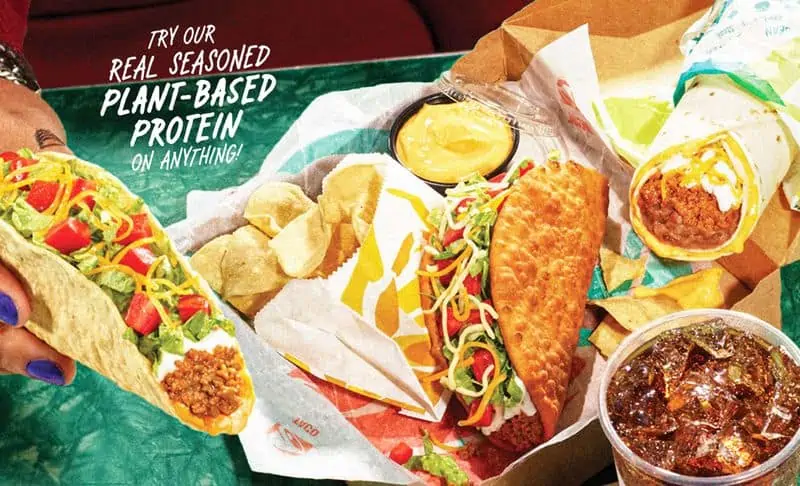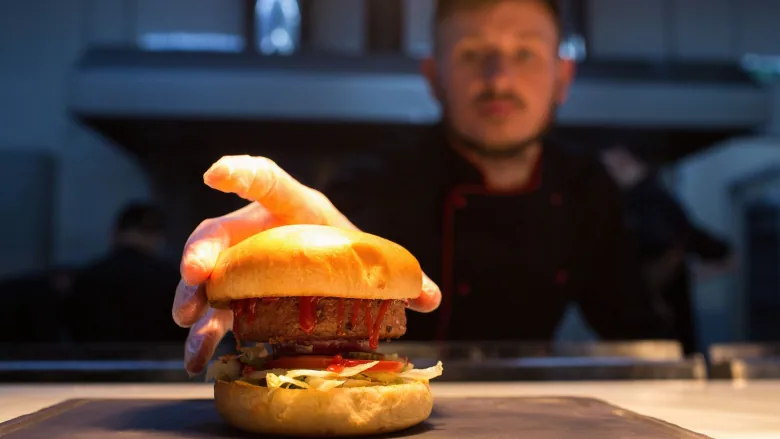Gone are the days, praise be, when the coupling of the words “vegan” and “steak” would have seen you laughed out of town. So familiar, ubiquitous even, are plant-based and manufactured meat alternatives now that the phrase has entered common parlance.
Vegan “meats” are often remarkably un-flesh-like in their look, texture and taste. Some who avoid meat are grateful for this; others long to sink their teeth into hunks of juicy alternatives that taste like their animal protein counterparts but without the death and environmental destruction.
Whether those who are vegan for the animals should ethically eat something so similar to a slab of animal flesh is not a debate for this article. No, we’re here to eat an imitation plant steak: Juicy Marbles’ filet mignon.
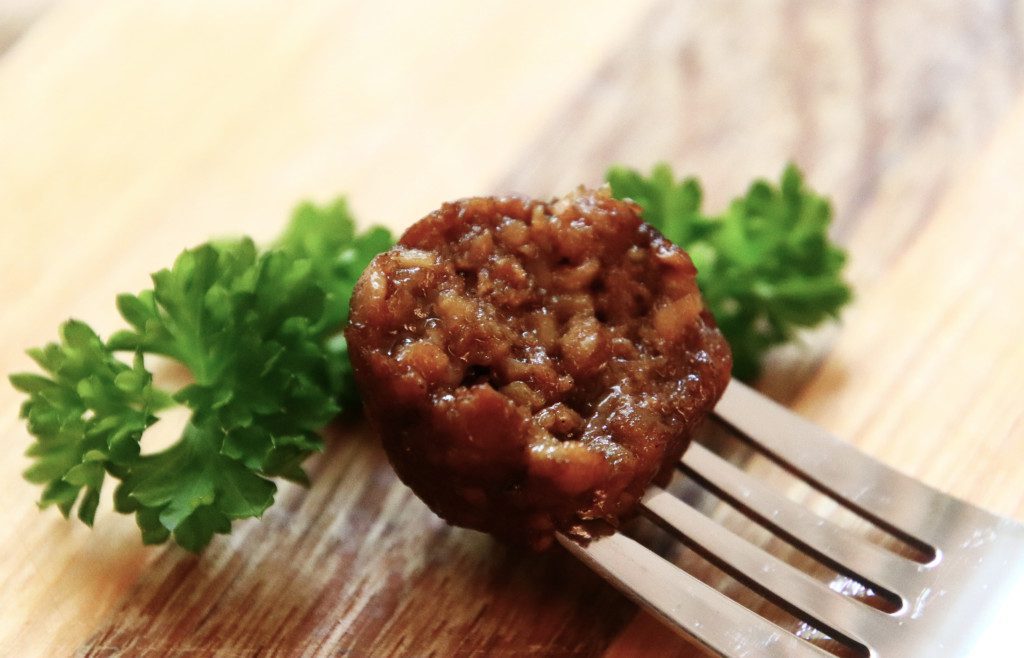
The Slovenian brand’s steaks look as close to the real deal as I’ve ever seen; they almost resemble thick cuts of richly marbled wagyu. Almost. It’s surprising to learn that they are not lab-grown or 3D printed because those types of plant meats typically look the most convincing. They also cost about the same as a standard fillet steak, at about £7 each.
Instead of being cultivated, the Juicy Marbles’ steaks are made with plant proteins, including soya and wheat, beetroot for colour and added iron and vitamin B12. Other additives include thickeners, emulsifiers and stabilisers, including kappa carrageenan and methylcellulose, which a quick, reassuring Google search tells me are safe to eat.
The ingredients don’t appear to be spectacularly different from those found in the mainstream vegan steaks on supermarket shelves, but the finished product looks entirely unalike. The makers say that is because they layer the proteins into linear fibres to mimic muscle structures to create a realistic appearance.
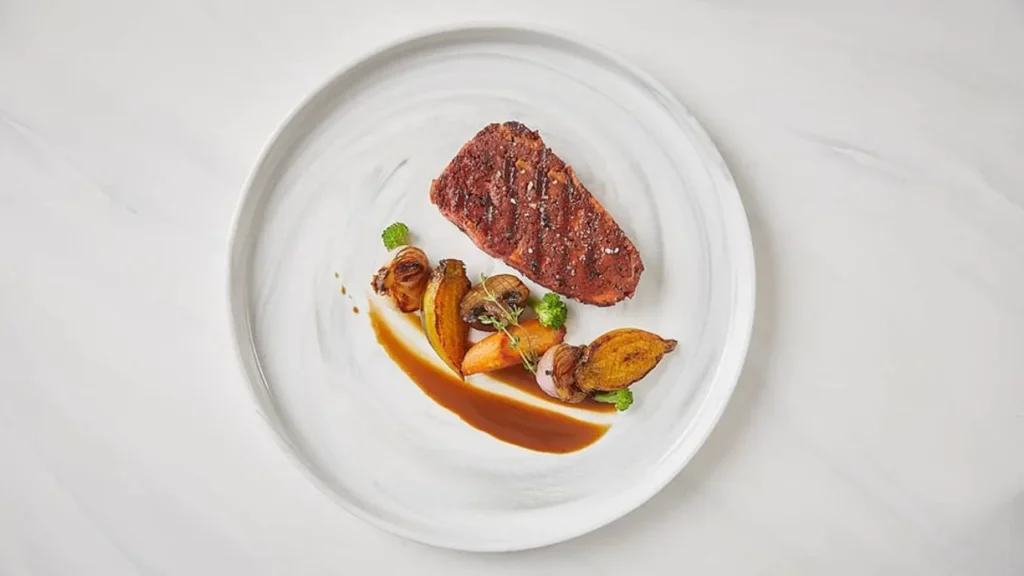
To prepare, treat the Juicy Marbles filet mignon as you would a regular steak. I took them from the fridge 30 minutes before cooking to bring them close to room temperature and seasoned with sea salt flakes and freshly cracked black pepper.
I heated a tablespoon of oil in a frying pan, added a knob of vegan butter and lay the steaks in the now sizzling fats. I refrained from adding herbs and spices so that we could taste the unadulterated flavour of the plant steaks but would have added them if I were creating a specific recipe.
It took only a few minutes to sear each side and create a burnished crust akin to that which can be created on a filet steak. The cooking aroma was also incredibly similar. The thickness of the steaks meant the centre wasn’t quite ready, though – I would cut them in half through the middle in future. Those with an aversion to visible fat might wish to cook the steaks for longer to mellow the appearance of the white marbling.
The finished steaks were exciting to see; they had a brilliant crust and smelled terrific. Cutting – even with an extremely sharp knife – resulted in slightly flakier slices of steak than you find with real beef, but that is not a terrible thing.
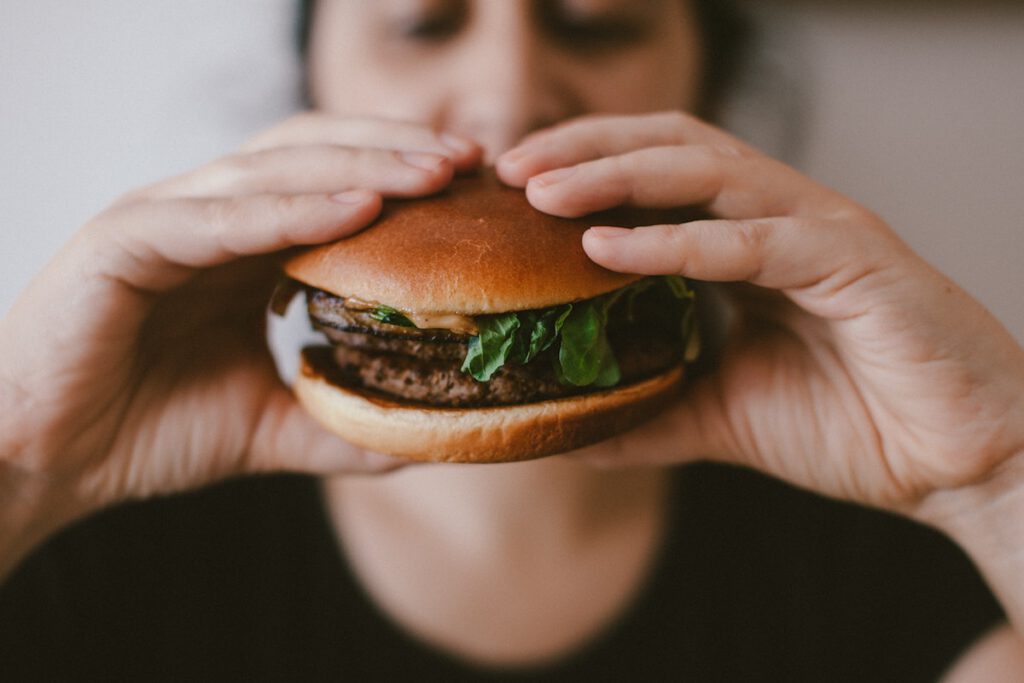
The texture is similar to a tender braised steak, brisket or pulled pork, and the flavour is decidedly savoury, meaty and robust. The plant steaks have the same mouthfeel as beef steaks, probably because of the fats included in the ingredients, and the satisfying richness, bite and chew are there too.
Serve the Juicy Marbles filet mignon with chunky chips, mushrooms and a béarnaise sauce, and you’d be a hair’s breadth away from being able to fool carnivores into thinking this is the real deal. Or cut the steaks into strips for use in a ramen, for instance, or a seriously delicious steak sandwich with frites. Other recipes are on the fun Juicy Marbles website.
Overall, the texture and flavour are startling and distinctly different from other vegan protein alternatives I’d tried to date. The similarity to animal flesh is not a problem to me and some other vegans will join me in rejoicing at the launch of such a realistic meat. But vegans who recoil at the thought of a bloody, flesh-like steak may need some convincing to give Juicy Marbles a try.






